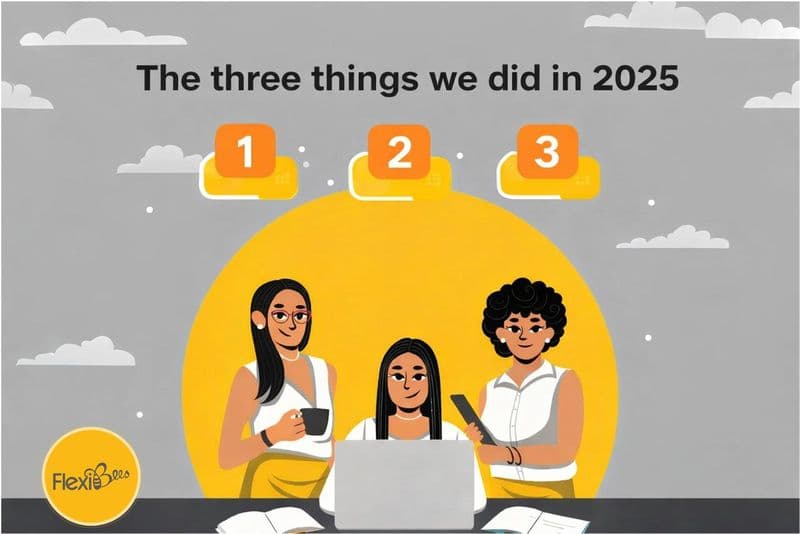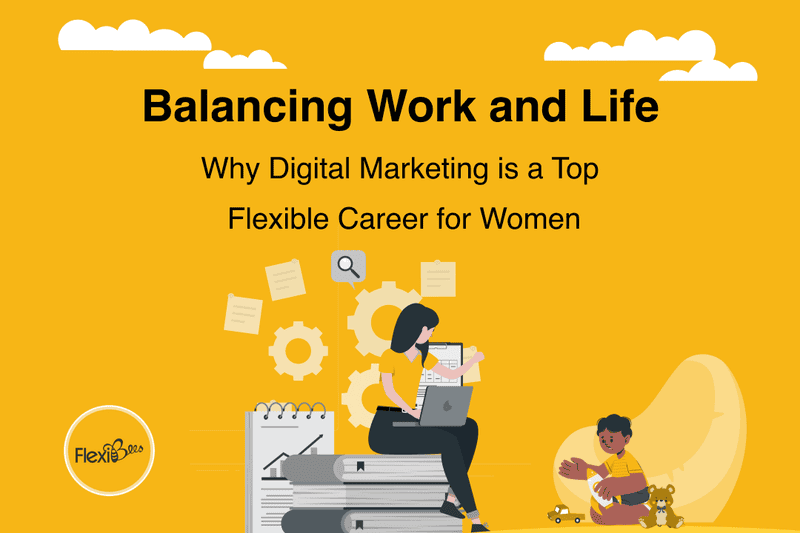Career break and the reasons
The moment we toss our hats and step into the real world of career progression, we get into a never-ending race, until we decide to embrace retirement. However oftentimes, many, especially women need to take a career break for various reasons like family commitment, relocating with a partner, trying to pursue a passion, adding to their educational qualifications, dealing with burnout or even finding a new career path.
The pandemic also played a major role in self-realization about finding the work-life balance and that led to a lot of people taking a break by choice.
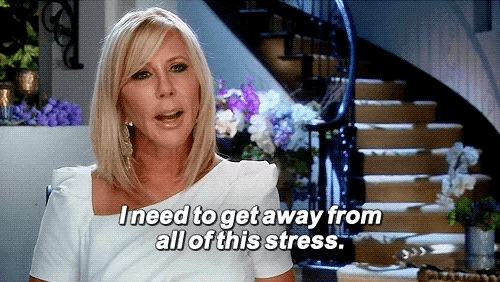
Of late, there has been a surge in the number of opportunities for those wanting to return from a break, as well as the number of people wanting to embrace those opportunities.
To mark this trend, LinkedIn brought in a new feature in the experience section of their profile where they could put in their career breaks, along with reasons like relocation, travel, bereavement, career transition, caregiving, full-time parenting, professional development and more, making a positive move towards acceptance of a break on the resume.
A lot of employers these days target career returnees and also have programmes specifically designed for people wanting to return after a break. There is also an upsurge of firms that work towards providing flexible and remote jobs to people post a break. FlexiBees is a perfect example of such a firm, FlexiBees is a platform that provides flexible and remote work opportunities for women.
Why put a career break out there
Being upfront about the gap in your career gives you the perfect opportunity to manage and frame the narrative of the break in a positive light. You can plan to work around explaining what led to the break, how you managed the time and your positive learnings. Be it in the form of a new skill set, or how it added to your persona. Eg. Embracing motherhood and becoming a caregiver made you more adaptable to multitasking and got you better at time management.
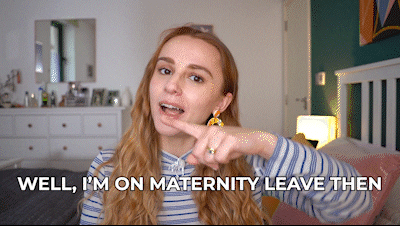
When to add the break on your resume
When working on your resume you need to look at your career journey and ask some specific questions:
How long back did this break in your career happen?
If this break was more than 10-15 years ago, and we do not plan to add any content of that long back then we need not add it to our resume.
How long was the break?
If you have recently come off a career break then you need to consider the length of the break, generally, if it's more than 4 months then you should show it. Eg, If one of your jobs ended in May 2021 and your next one started in December 2021 then you should put it on your resume and explain if asked. Usually, for a gap of 3 months or less, you can always tell your employer it's a transitioning phase between the two jobs.
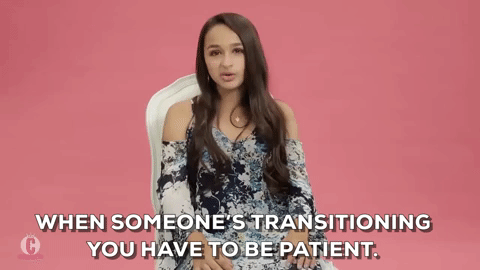
How to showcase your career break on the resume.
The most common practice to show your career break on your resume is adding it in your experience section.
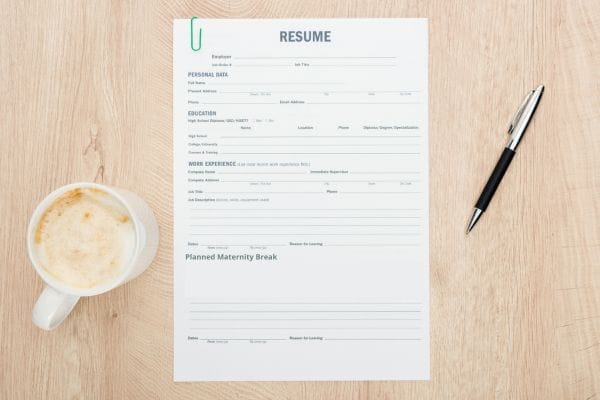
-
Position Title: As you mentioned, you can get creative with the title. Examples like "Maternity Break," "Skillset Enhancement," or "Family Sabbatical" are suitable, as long as they accurately reflect the purpose of the break.
-
Time Frame: Mention the start and end dates of the career break. This provides context and helps potential employers understand the duration.
-
Institute/Organization: If you were involved in any formal education, training, or volunteer work during the career break, list the institution or organization's name. This demonstrates your commitment to personal development.
-
Accomplishments: If you achieved any significant goals or accomplishments during the career break, include them. This could be related to personal projects, volunteer work, or additional skills acquired.
-
Transferable Skills: Highlight any skills or experiences gained during the break that are relevant to the job you're applying for. This can help bridge the gap between your career break and the role you're seeking.
-
Formatting: Consider placing your career break as a separate section on your resume, either before or after your work experience. This can help draw attention to it without making it the focal point.
Example to showcase your career break
-
Planned career break: March 2022- December 2022
Took an intentional pause in my career to embrace motherhood and be a full-time caregiver to my infant.
I garnered basic knowledge of French (reading and speaking)
-
Professional development ( Career break) January 2020- August 2020
A well-thought-out break in my 8-year career to rejuvenate and discover new opportunities that cater to my skillset.
I acquired new certifications in marketing and gained additional knowledge on new application-based techniques in the digital marketing genre.
To mention your break in the summary
A summary on the resume is a limited space that can be used to highlight your skills, so you can avoid it. You can always mention your break in a positive light on your cover letter, in case there is no option for adding a cover letter then you can mention your break at the end of the summary section, giving the reason in brief and also make sure to show your readiness to get back to the workforce.
Eg. for the last line to show your career break in the summary,
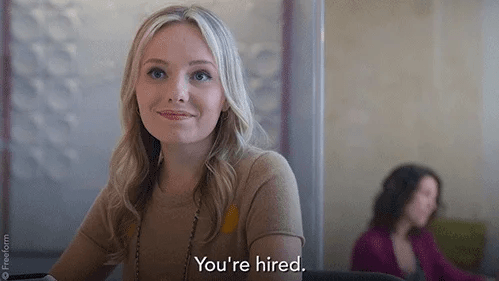
-
Eager and motivated to get back into the workforce where I can put my organisational skills after taking an intentional career break for caretaking.
-
I took a conscious break after the pandemic and invested in acquiring more knowledge in the field of finance and I am now eager to use these learnings to help aid the growth of the company I work for.
You need to be proud of the career breaks and focus on what you gained from this break as you showcase it to potential employers, setting a favourable tone for your prospects with them.
Planned or unplanned, a career break can add a new perspective to your career, and provide opportunities for growth and development.
Hope these tips help you define the career breaks in your resume with ease and in taking the initial step on your career return journey.
